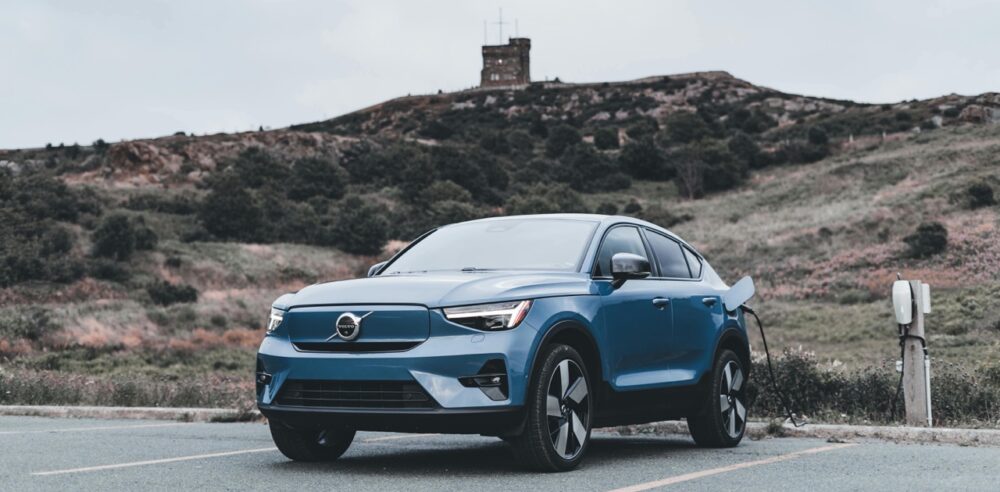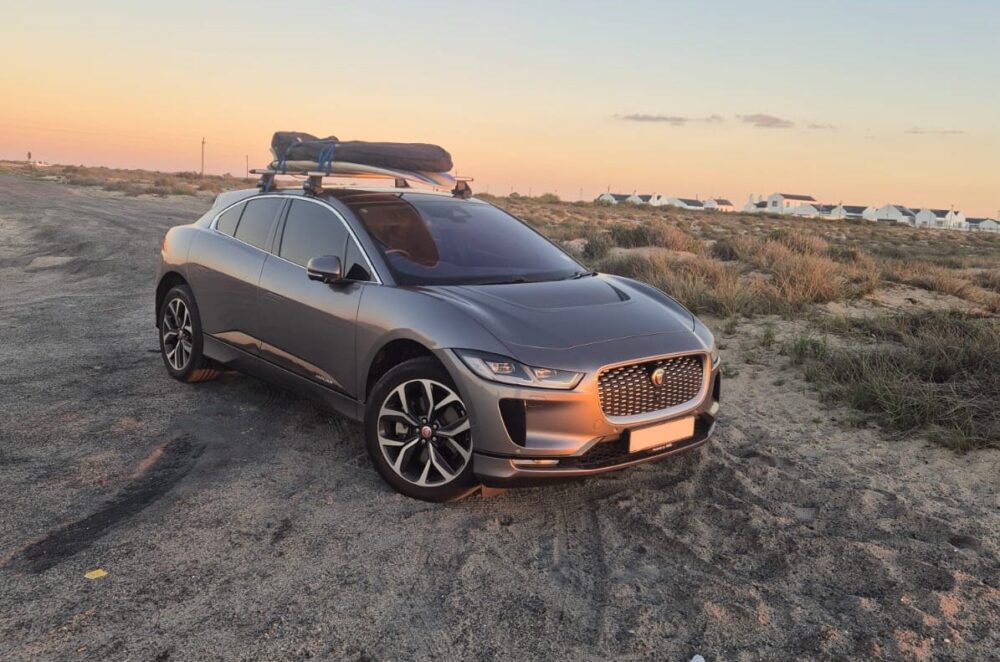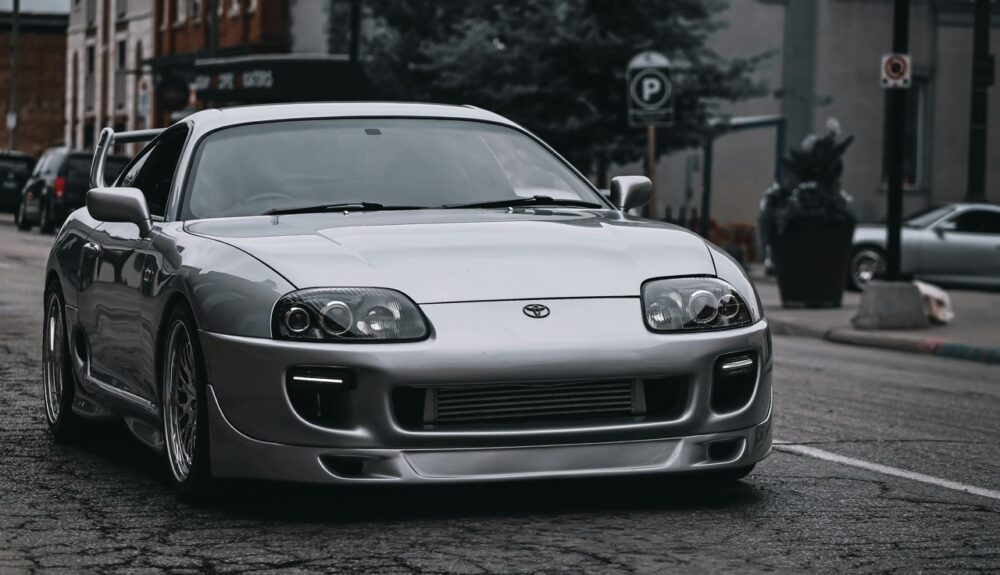Depreciation is an inevitable but invisible cost of car ownership.
It’s invisible because you don’t pay for it upfront like you do for fuel, maintenance, or insurance.
Most car owners only notice it when they sell their vehicle, and realize how much value they’ve lost. Depreciation is simply the difference between what you paid for your car and what you get when you sell it.
Understanding how depreciation works for different vehicles in South Africa can help you make smarter choices and avoid losing too much money in the long run.
Table of content
What is depreciation
Depreciation is the gradual drop in your vehicle’s value over time. It’s influenced by factors like wear and tear, vehicle age, mileage, market demand, and brand reputation.
New cars usually lose value the fastest in their first five years, then the rate of depreciation slows as the car ages.
Some rare collector cars are the exception. Their value can stay the same or even increase because of their scarcity, cultural appeal or both.
Why should you consider depreciation when buying a vehicle?
Depreciation is the second-biggest cost of owning a car, right after the purchase price.
It’s why a new car that costs R500,000 can be worth only R410,000 a year later, even if you’ve looked after it perfectly and never been in a crash.
While you can’t avoid depreciation, you can manage it. Choosing vehicles that hold their value better, and knowing how to slow down depreciation on your own car, can save you a lot of money over time.
Factors that affects depreciation in South Africa: Why some cars lose value faster than others

- Brand perception and service network: Some brands have weaker reputations because they’re less well-known, have limited after-sales support, or are seen as unreliable. These cars tend to lose value quickly.
Your best move to reduce depreciation is to stick with brands that have a wide service network and a strong reputation for reliability, like Toyota and VW.
- Mileage: High mileage signals more wear and tear, which increases depreciation. But not all mileage is equal, highway driving is easier on a car than constant stop-start city driving. Knowing the difference helps when you’re buying used.
- Cost of ownership: Cars with expensive parts, high fuel consumption, or costly insurance lose value faster.
That’s why luxury sedans like the BMW 7 Series, Audi A8, and Mercedes-Benz S-Class can drop by up to 30% in their first year.
They offer prestige and great driving experience, but are not ideal for buyers concerned about depreciation.
- Location: Resale values differ across regions. A car that’s popular in Cape Town might not attract the same interest in KwaZulu-Natal.
- Demand: Low demand drives down resale value, even for well-maintained cars.
Electric vehicles face this issue in South Africa, concerns about battery life, range anxiety, and limited charging stations mean EVs are still slow to gain traction. As a result, their resale values take a bigger hit.
- Vehicle age: The newer the car, the faster it depreciates. In the first few years, cars typically lose between 15% and 20% of their value annually. After about six years, the rate slows to around 5%–8%.
At Tarlen, we generally recommend buying vehicles for their carsharing business when they’re about five years old, just past their steepest depreciation curve.
Download the tool, enter all your operational cost to see what the best price for your vehicle is.
Download templateFastest depreciating cars in South Africa in 2025
The figures below show how much value each model loses within the first 5 years. These estimates are based on market observations and reseller listings:
- Maserati Quattroporte: Loses over 60% of its value.
- BMW 7 Series: Loses 40%–50% of its value.
- Mercedes-Benz S-Class: Loses about 60% of its value.
- Jaguar I-Pace (EV): Loses around 57% of its value.
- Nissan NP200: Loses roughly 50% of its value.
- Renault Captur: Loses over 61% of its value.
- Alfa Romeo Giulia: Loses more than 80% of its value.
- Jeep Wrangler Sahara: Loses about 70% of its value.
- Porsche Boxster: Loses around 57% of its value.
- Porsche Panamera: Loses roughly 50% of its value.
To put this in perspective: A 50% drop on a R500,000 car means R250,000 in lost value, enough to cover a large deposit on your next vehicle.

How to calculate your car depreciation
There are two main ways to calculate depreciation:
- Market value approach
- Straight-line method
Market value approach:
Let’s say Wandile wants to buy a new car but is worried about depreciation. He looks up different models to find one that holds its value well.
He finds a 2025 Toyota Corolla Quest priced at R370,000 new. Since he plans to keep it for five years, he checks the resale price of a 2021 Corolla Quest and finds it sells for about R230,000.
The total value lost over five years is: R370,000 – R230,000 = R140,000

To find the depreciation rate, Wandile divides the value lost by the original price:
(R140,000 ÷ R370,000) × 100 = 37.8%
So, after five years, Wandile’s car will have lost about 37.8% of its value, a healthy rate compared to most new vehicles.
Straight-line depreciation:
The straight-line method shows how much value your car loses per year on average.
Using Wandile’s example: R140,000 ÷ 5 years = R28,000 per year.
This means Wandile’s car depreciates by R28,000 each year until he sells it.

Tactics to avoid listing money to depreciation
- Buy popular models, hold longer: Cars with strong demand, like the Toyota Corolla and VW Polo, tend to hold their value better. If you plan to keep your car for more than 5 years, you’ll spread out the biggest depreciation costs over time.
- Buy used at the tail end of steepest depreciation: Depreciation is sharpest in the first 1 -5 years. Buying a car that’s 4 or 5 years old lets you skip the worst of that drop. From year 5 – 10, depreciation slows down, helping you keep more of your car’s value.
- Keep a full service history: Stay on top of maintenance and keep a complete record of services and receipts. A well-documented history can add thousands of rands to your resale price.
- Avoid low-demand trims and rare colours: Popular colours like white and silver are easier to resell in South Africa. Rare trims or custom colours may sit unsold for months, forcing you to lower your asking price.
- If you own a fast-depreciating car, monetise it: If you own a car that loses value quickly, turn it into an earning asset. Platforms like Tarlen Carshare let you rent your car to tourists and travellers, offsetting depreciation and even earning a profit.
Upside loans: Depreciation and finance agreements
Paying cash for a car costs less in the long run because you avoid interest. But financing makes car ownership more accessible by spreading payments over time, that’s why most car buyers choose it.
However, because cars lose a big chunk of value in the first few years, it’s common for your loan balance to be higher than the car’s value early on.
But, after two or three years, you reach a crossover point where the car’s market resell value finally exceeds what you owe.
Some owners never reach that point. This happens most often when:
- They take balloon payment deals instead of putting money down upfront.
- They buy high-end luxury cars that depreciate faster than the loan balance drops.
Whenever possible, avoid both situations. A solid down payment, low interest rate and a standard repayment plan will help you stay “right-side up”, owing less than your car is worth.
Turn depreciation into profit: Earn with Tarlen Carshare

Let’s go back to Wandile.
He decides to rent out his car when he’s not using it to earn extra income through Tarlen.
Wandile drives his car about half the time. The rest of the month, it sits idle, around 15 days per month.
If his Toyota Corolla rents for R500 – R600 per day, and it’s booked for 10 of those 15 days, he earns roughly R6,000 per month, or R72,000 per year.
That’s enough to cover his annual depreciation of R28,000, plus help pay for maintenance, and still leave some profit.
Real-world figures will vary, but the idea stands: turning your car into a shared asset can soften, or even reverse, the cost of depreciation.
Ready to make your car work for you?
Pricing tool and financial planning template
- Pricing tool,
- A financial planning template.
Want more stories like this? Check out:








